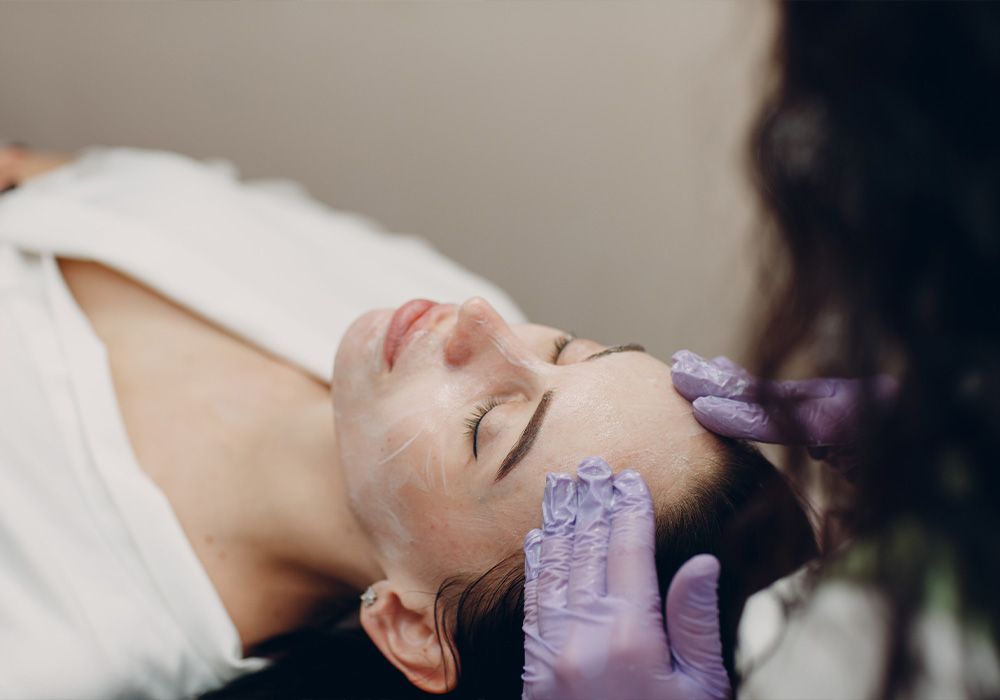Earlier this month the Florida Board of Medicine made an unprecedented ruling that limits the number of Brazilian Butt Lift procedures a surgeon can perform to three per day and requires the use of ultrasound guidance while performing these surgeries. The ruling comes after a series of BBL-related deaths occurred in Miami and many surgeons in the state consider it to be a knee-jerk reaction that will not improve patient safety as the majority of surgeons in the state perform the procedure safely. This week, a newly formed organization called Surgeons for Safety filed an appeal to block the new restrictions.
The ruling was made to help prevent fatalities that are caused when the fat injected to reshape the butt enters the bloodstream, leading to a fat embolism, which can occur very quickly during the surgery. Over the years, the procedure has come under fire for the growing number of patient deaths, mainly occurring in South Florida. According to the Miami-Dade surgeons leading the Surgeons for Safety group, some of the numbers have been incorrectly attributed to BBLs and many of the fatalities happen at clinics that do not use best practices and are sometimes referred to as “surgical mills.”
How Florida Surgeons Are Responding
“The message that we want to get across is that we’re all about safety,” says Miami plastic surgeon Constantino Mendieta, MD, who is the President of the Surgeons for Safety group. “We always want to make any procedure that we do safer. That is our primary concern, however, the support used by the Board of Medicine to make this decision was based off of misinformation from the media and inconsistent data; it was not based on any evidence-based research.”
When the ruling came down in early June, many South Florida surgeons came together in response. Miami plastic surgeon Sergio Alvarez, MD says the Surgeons for Safety organization was created as a grassroots movement in response. “This was spawned off of the idea that the Board of Medicine elected to call it an emergency and implement emergency rules without input from the people on the ground, the surgeons who actually perform this procedure. We formed this organization because we are the ones who actually perform this procedure and we’ve never been part of the conversation; we believe this was the wrong approach by the Board of Medicine.”
Reasons for the Appeal
While stressing their commitment to safety, the group says they disagree with the board’s view that three BBL’s a day lead to surgeon fatigue. “Last year, about 65 to 70 percent of BBL’s done around the country were done here,” adds Dr. Mendieta. “We have highly concentrated, super specialized surgeons that are extremely talented and true experts in this procedure. What is mind boggling to me and other surgeons was that they said, ‘Well, you can only do three because then you’re totally exhausted.’ This is not the case and it’s not based on any statistical data or evidence.”
The group is also questioning the requirement to use ultrasound technology, stating that plastic surgeons are not formally trained on the technology and the devices are not readily available at this time. “The other problem with the emergency ruling is that 98 percent of us have never even seen the ultrasound used in this manner before or been trained to use the ultrasound in this manner,” says Dr. Mendieta. “So this is like telling you overnight, ‘Listen, guys, starting tomorrow, you can only drive on the left hand side of the road.’ It is completely foreign to you and entirely contrary to how you were trained. Also, the ultrasound is not readily available.”
There are surgeons who are adamant the ultrasound technology makes the procedure safer, like Eugene, OR plastic surgeon Mark Jewell, MD, who believes surgeons should adapt to this new technique. “They are taking the wrong approach of complaining versus using this as an opportunity to differentiate themselves as safer because they are using sub-surface imaging to address safety concerns about fat embolism syndrom,” he explains. “We still keep hearing about BBL deaths from medical tourism.”
What Happens Next?
According to Colby Conforti, an attorney representative for Surgeons for Safety, the end goal is to establish a dialogue with the Florida Board of Medicine to provide useful feedback and guidelines that will promote patient safety. “We have a plan of action from a large group of physicians that have gotten together, including the board of Surgeons for Safety, to devise a solution that will actually address patient safety. That’s something that we’re looking forward to discussing with all of the appropriate individuals, organizations and regulatory agencies.”
Vero Beach, FL plastic surgeon Alan Durkin, MD, who is not a member of Surgeons for Safety, echos the group’s concerns and agrees with the decision to appeal. “As a Florida plastic surgeon, I am eager to elevate patient safety standards across the board, as with every surgical procedure. However this one requires the greatest elevation in the shortest period of time,” he shares. “In my opinion the solution to increasing patient safety is not a blanket ruling that is widely punishing the surgeons who are doing it right, but to truly identify the surgeons, many of whom are not even real plastic surgeons, that are doing it wrong to prevent them from doing it wrong in the future, and to force them to join our elevations in safety.”

















